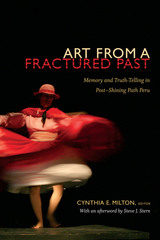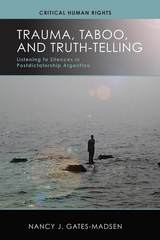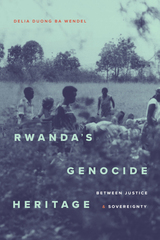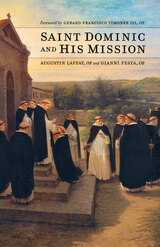
Contributors. Ricardo Caro Cárdenas, Jesús Cossio, Ponciano del Pino, Cynthia M. Garza, Edilberto Jímenez Quispe, Cynthia E. Milton, Jonathan Ritter, Luis Rossell, Steve J. Stern, María Eugenia Ulfe, Víctor Vich, Alfredo Villar

Children are increasingly a focus of international and national courts and truth commissions. Their participation, including through testimony that bears witness to their experiences, demonstrates their critical role in truth, justice, and reconciliation processes. If children are to engage, however, their rights must be respected.
This book includes analysis of the recent involvement of children in transitional justice processes in Liberia, Peru, Sierra Leone, and South Africa. It also explores key areas of current debates among legal scholars and child rights advocates, such as international criminal responsibility, traditional and restorative justice, reparations, psychosocial support for child witnesses, and links between education and reconciliation.
The book emphasizes how children must be engaged during post-conflict transition. If children are excluded, they may become vulnerable to a continuing cycle of violence, affecting future generations. In contrast, through active involvement in transitions, children and adolescents can be the catalysts for justice, reconciliation, and peace-building within their own families and communities.

Nancy J. Gates-Madsen reads between the lines of Argentine cultural texts (fiction, drama, testimonial narrative, telenovela, documentary film) to explore the fundamental role of silence—the unsaid—in the expression of trauma. Her careful examination of the interplay between textual and contextual silences illuminates public debate about the meaning of memory in Argentina—which stories are being told and, more important, which are being silenced. The imposition of silence is not limited to the military domain or its apologists, she shows; the human rights community also perpetuates and creates taboos.
READERS
Browse our collection.
PUBLISHERS
See BiblioVault's publisher services.
STUDENT SERVICES
Files for college accessibility offices.
UChicago Accessibility Resources
home | accessibility | search | about | contact us
BiblioVault ® 2001 - 2025
The University of Chicago Press









